
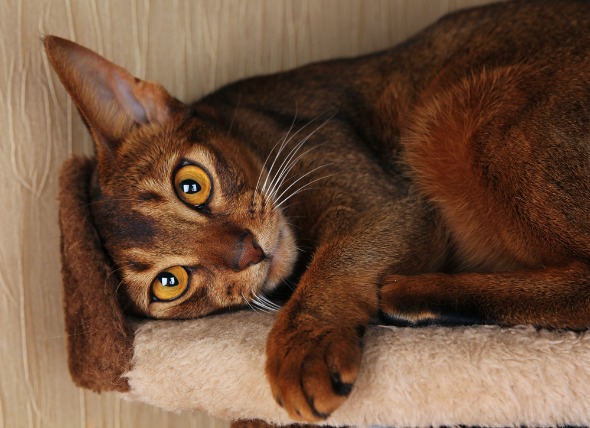
Much like in humans, a blockage of blood flow to the myocardium (the heart's muscular wall), is medically referred to as a heart attack, or myocardial infarction. This is generally due to the formation of a blood clot (or thrombus) within the blood vessels or heart, causing the premature death of a portion of the myocardium.
Heart attacks are rare in both cats and dogs.
You will need to give a thorough history of your cat’s health, including the onset and nature of the symptoms. The veterinarian will then conduct a complete physical examination, paying close attention to the cat's cardiovascular system. Various laboratory tests -- such as complete blood count (CBC), blood culture biochemistry profile, and urinalysis -- will be used to help identify the underlying cause of the heart attack.
Blood testing may reveal an increased number of white blood cells (leukocytes), often seen during infections. The biochemistry profile, meanwhile, may show abnormally high levels of liver enzymes or abnormally low levels of T3 and T4 hormones. Echocardiography is another excellent tool used to evaluate of cardiac abnormalities.
The course of treatment will depend on the underlying cause of the heart attack and the complications associated with the myocardial infarction. Initial treatment also involves using medication(s) to dissolve the thrombus and restore blood flow to the heart muscles.
In severe cases, especially those with irregular heart rhythms, cats will hospitalized until they are stabilized.
The prognosis largely depends on extent and duration of problem. In addition to regular monitoring of heart and laboratory testing during treatment, your veterinarian will recommend restricting the cat's activity during and after treatment.
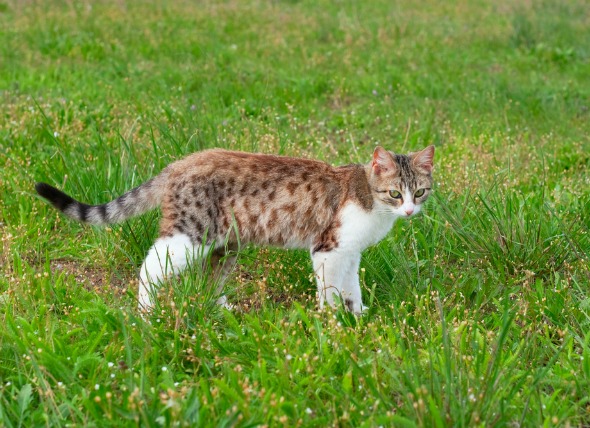 Diarrhea (Antibiotic-Responsive) in Cats
Antibiotic-Responsive Diarrhea in Cats
It is not
Diarrhea (Antibiotic-Responsive) in Cats
Antibiotic-Responsive Diarrhea in Cats
It is not
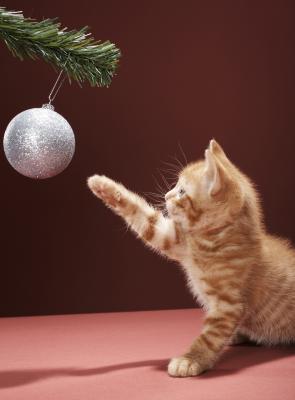 Tips on Introducing a New Kitten to Full-Grown Cats
Tips on Introducing a New Kitten to Full-Grown
Tips on Introducing a New Kitten to Full-Grown Cats
Tips on Introducing a New Kitten to Full-Grown
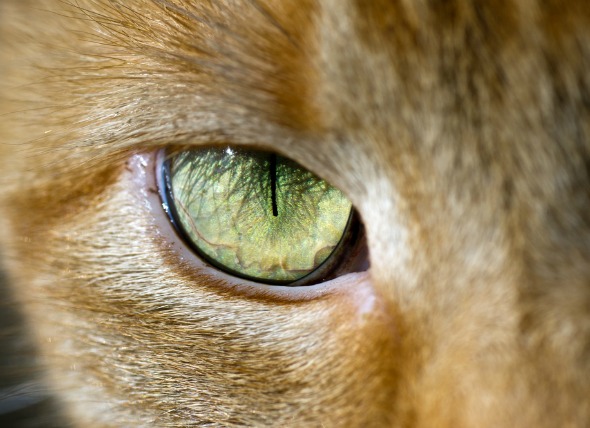 Glaucoma in Cats
Disease of the Optic Nerve in Cats
Glaucoma is a
Glaucoma in Cats
Disease of the Optic Nerve in Cats
Glaucoma is a
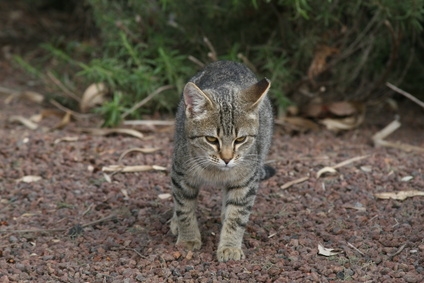 How to Keep Cats Out of Your Yard
How to Keep Cats Out of Your Yard
How
How to Keep Cats Out of Your Yard
How to Keep Cats Out of Your Yard
How
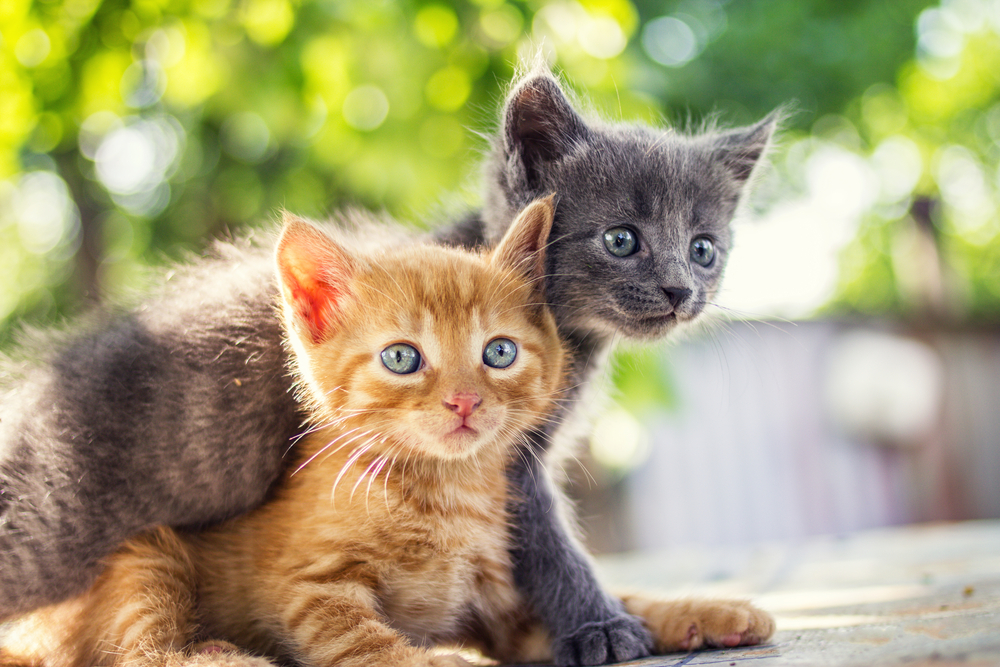 Coronavirus in Cats
Feline Infectious Peritonitis (FIP) in Cats
Felin
Coronavirus in Cats
Feline Infectious Peritonitis (FIP) in Cats
Felin
Copyright © 2005-2016 Pet Information All Rights Reserved
Contact us: www162date@outlook.com